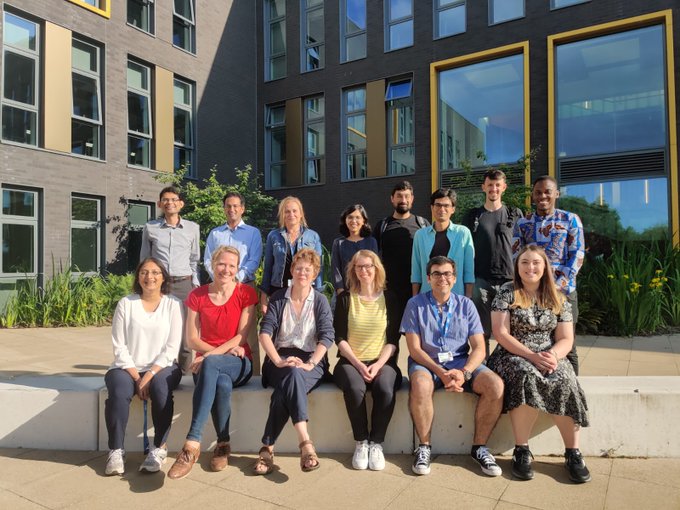From child marriage to climate change, conflict to wellbeing, from India to Pakistan via Uganda and Tanzania, this Dereck workshop was both diverse and International.
The 3rd Research Workshop on ‘Microeconomic Approaches to Development Economics’ took place in the sunshine at Kent this week. A dynamic 2 day event hosted by the Development Economics Research Group at Kent (DeReCK), with a diverse range of papers presented, great policy discussions, fruitful interactions and connections.
The workshop began with a presentation by Dr Amrit Amirapu from the School of Economics on a research project investigating how a recent change in child marriage law in Bangladesh affected attitudes and behaviour in relation to the practice. The presentation was following by a policy discussion by Ms. Poonam Muttreja from the NGO Population Foundation of India who provided an overview of child marriage practices in India, concerns about a new proposed child marriage law in the country and the implications of the research findings for the Indian context.
This was followed by a presentation by Dr Lore Vandewalle of The Graduate Institute in Geneva on a research project investigating on how access to free childcare affects labour supply, earnings of family members and child development based on an experiment conducted in Uganda. Dr Khushboo Surana from York University presented finding from an ongoing study using matrimonial ads from Canada, France and India over a 45-year period to study the evolution of partner preferences.
In the last session of the day, Dr Annemie Maertens from the Sussex of University presented findings from a study on restoring farmers’ trust in the fertiliser market in Tanzania. And Dr Britta Augsburg from the Institute of Fiscal Studies presented findings from a paper on how gender differences in perceptions and bargaining power affects sanitation investments by rural Indian households. Ms. Heather Arney from Water.org joined online to give an overview of the organisation’s work to promote water and sanitation investments around the world and discuss the policy implications of the research presented by Dr Augsburg.
On the second day of the workshop, Professor Irma Clots-Figueras Co-Director of DeReCK presented a paper investigating how climate change is affecting political participation in India. Professor Arnab Mukherji of the Indian Institute of Management, Bangalore presented findings from a study on the impact of the long-running Mahila Samakhya Programme on women’s education in India.
Dr Bansi Malde from the School of Economics presented a research paper on an experiment conducted in India during the COVID-19 pandemic to understand whether personalised information on access to emergency government benefits improve knowledge, uptake and wellbeing.
Dr Rinchan Mirza of the School of Economics presented a paper on hybrid governance and conflict, explaining how historical exposure to hybrid governance structures in Pakistan affects the contemporary incidence of conflict against the state.
The workshop closed with a presentation from Professor Lakshmi Iyer from the Department of Economics at Notre Dame University who joined online to present findings from a study on the impact of administrative decentralization on human development outcomes by exploiting differences in the timing of reforms across Indian states.

